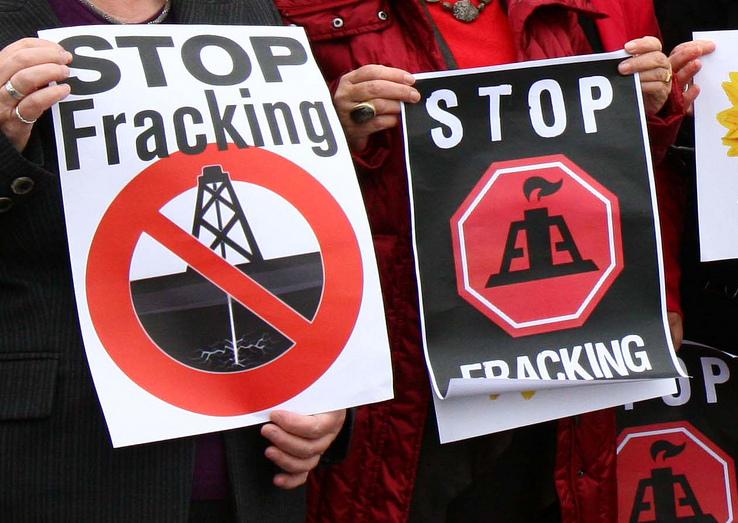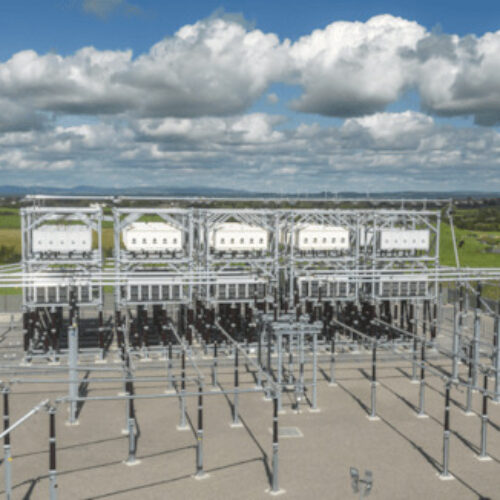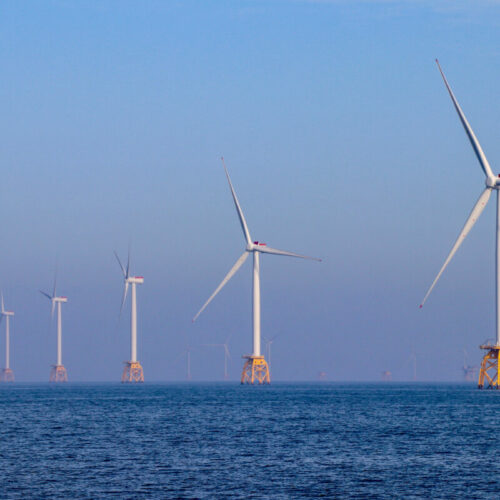The extraction of shale gas through fracking is supported by 57% of Britons, according to a public opinion poll commissioned by UK Onshore Oil and Gas (UKOOG).
The survey of 4,086 people reports that only 16% of Brits are opposed to fracking in the UK with 27% undecided over the technology.
The survey paints fracking as a solution to reducing the UK’s reliance on gas imports with 67% of respondents agreeing that Britain needs to develop its own energy sources. However, the survey does not specify what technology the UK should use to generate its own power. In fact, the survey shows that support for the development of shale gas increases to 59% when specified alongside the use of renewables.
.
Commenting on the results of the survey, Ken Cronin, chief executive of UKOOG, said: “This survey shows that most people across the country think that shale gas should be developed. More than four out of five of us heat our homes with gas, and Britain’s shale resource gives us the opportunity to become less dependent on foreign energy supplies, create tens of thousands of jobs and support our manufacturing industries.
“Shale gas and renewables are complementary, and our survey confirms that the public would like to see a balanced mix that includes both sources of energy. Whilst these results are positive, our industry needs to continue to do all it can to listen to and engage with the views of local communities.”
The results of the survey vary significantly from the government’s own research which shows that only 29% of Brits supported the extraction of shale gas. Indeed, 22% of those surveyed by the Department of Energy and Climate Change (DECC) public opinion tracker said they were opposed to fracking.
In related news, the government has come under heavy criticism for heavily censoring a report that looked at the impact of shale gas on the rural economy.
The paper, Shale Gas Rural Economy Impacts is heavily redacted, including a section looking at the impact of fracking wells on local property prices. In a section that isn’t redacted, the paper references a 2010 study in America which showed that houses valued at more than $250,000 and within 1,000 feet of a well say values fall by between 3-14%.





